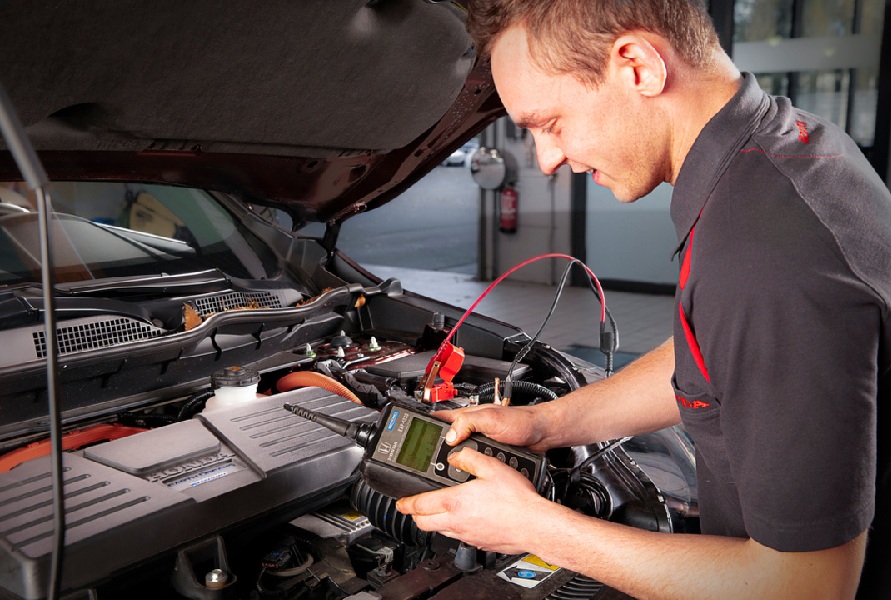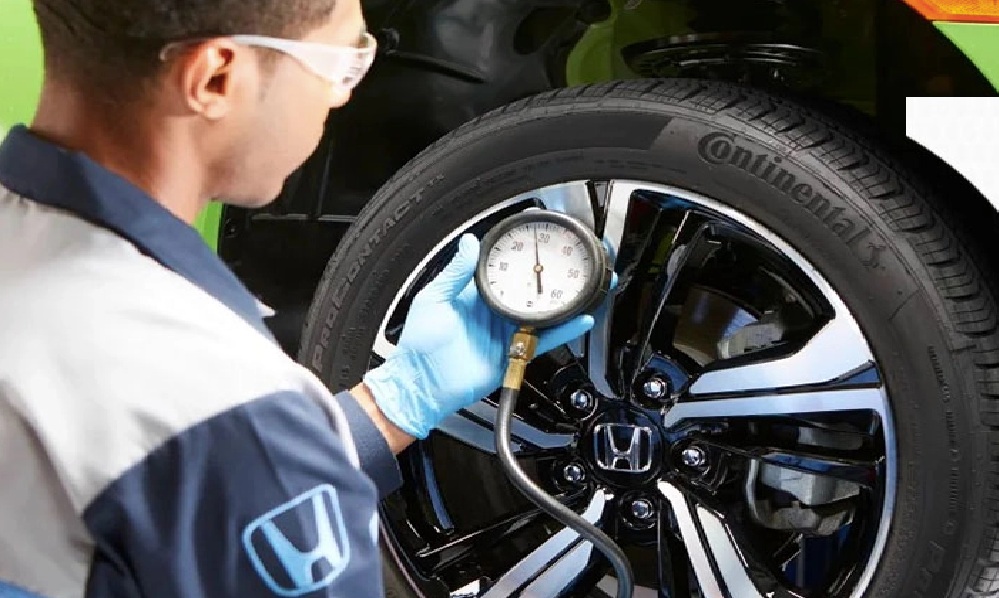Dealing with the loss of a loved one is an emotionally challenging experience, and handling their estate can add complexity to an already difficult time. One aspect of this process that many people face is deciding what to do with the deceased’s vehicle. This article aims to guide you through the process of selling a car that belonged to a deceased loved one, addressing both the practical steps and emotional considerations involved.
Understanding the Legal Framework
Before you can proceed with selling the vehicle, it’s crucial to establish legal ownership and understand the relevant laws in your state.
Establishing Ownership
The first step is determining who has the legal right to sell the vehicle, which typically depends on whether the deceased left a will and the specific laws of your state. If there’s a will, it usually names an executor with the authority to manage the estate, including selling assets like cars. In the absence of a will, state laws of intestacy determine who has the right to manage the estate.
The Probate Process
In many cases, the vehicle must go through probate – the legal process of validating a will and administering the estate. During probate, the court appoints an executor (if named in the will) or an administrator (if there’s no will) with legal authority to sell the car.
Steps to Prepare for the Sale
Once you’ve established legal authority to sell the vehicle, follow these steps to prepare:
- Gather Important Documents: Collect the death certificate, the car’s title, registration, and any maintenance records.
- Check for Outstanding Loans: Determine if there are any unpaid loans on the vehicle. You will need to settle these before the sale.
- Cancel Insurance: Contact the insurance company to cancel the existing policy.
- Obtain Necessary Legal Documents: You may need a Letter of Testamentary (if there’s a will) or Letter of Administration (if there’s no will) from the probate court.
- Transfer the Title: Follow your state’s procedures for transferring the title, which often involves submitting the death certificate and other required documents to the Department of Motor Vehicles.
Preparing the Car for Sale
Once you address the legal aspects, it’s time to get the car ready for potential buyers:
- Clean and Inspect: Clean the car thoroughly, inside and out. Have a mechanic inspect it to identify any issues.
- Gather Records: Compile all maintenance and repair records. These can be valuable to potential buyers.
- Determine Value: Research the car’s value using resources like Kelley Blue Book or NADA Guides. Consider factors like mileage, condition, and any unique features.
Choosing a Sale Method
There are several ways to sell a car, each with its advantages:
- Private Sale: This often yields the highest price but requires more effort in advertising and dealing with potential buyers.
- Dealership: Selling to a dealership is quicker and easier, but you may get less money for the car.
- Online Marketplaces: Platforms like CarGurus, AutoTrader, or even general sites like Craigslist can help you reach a wide audience.
- Auction: This can be a good option for unique or classic cars.
Transparency in the Sale Process
When selling a deceased person’s car, it’s essential to be transparent with potential buyers:
- Disclose Ownership Status: Inform potential buyers that the car belonged to a deceased individual. In most cases, this isn’t a legal requirement, but it’s an ethical consideration.
- Provide Documentation: Be prepared to show all relevant documents, including the death certificate and your authority to sell the vehicle.
Handling the Proceeds
Once the car is sold, be mindful of how you handle the proceeds:
- Estate Account: The money from the sale should typically go into the estate’s account, not your personal account.
- Distribution: The funds will be distributed according to the will or state laws if there’s no will.
- Tax Implications: Consult with a tax professional about any potential tax implications of the sale.
Emotional Considerations
Selling a loved one’s car can be an emotionally charged process. Here are some tips to help you navigate this:
- Take Your Time: There’s no need to rush the process if you’re not ready.
- Involve Family: If appropriate, involve other family members in decision-making to avoid potential conflicts.
- Preserve Memories: Consider keeping a small memento from the car, like a keychain, before selling it.
- Seek Support: Don’t hesitate to lean on friends, family, or professional counsellors for emotional support during this time.
Alternative Options
Selling isn’t the only option. Consider these alternatives:
- Keep it in the Family: You might decide to keep the car and pass it on to a family member.
- Donate to Charity: Donating the car can be a meaningful way to honour your loved one’s memory while potentially providing a tax benefit.
When to Seek Professional Help
Don’t hesitate to seek professional assistance if you’re feeling overwhelmed. An estate attorney can guide you through the legal aspects, while a financial advisor can help with the financial implications of the sale.
Honour Your Loved One’s Memory
Selling a deceased loved one’s car is a process that requires careful attention to legal details and emotional sensitivity. By understanding the steps involved and being prepared for both the practical and emotional aspects, you can navigate this task with confidence. Remember, taking your time and seeking help when needed is okay. Handling this responsibility with care will honour your loved one’s memory and ensure their affairs are settled properly.




